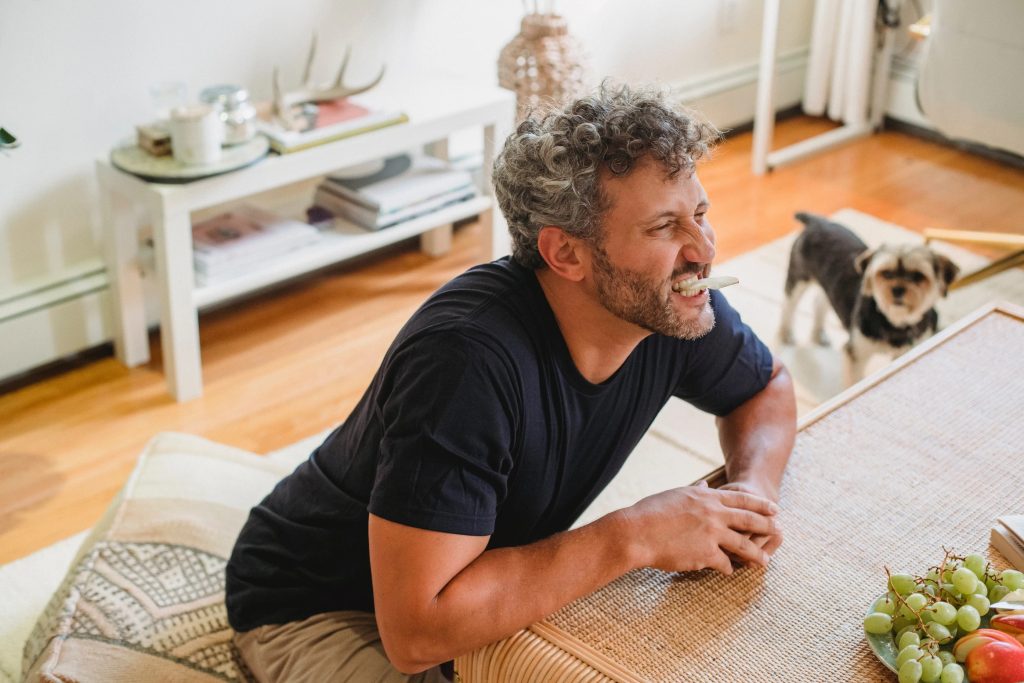“No mental health without physical health”

When it comes to boosting our mood two obvious things come to our mind: nutritious food and physical activity. Physical activity brings us social benefits, boosts our self-esteem, increases blood flow giving us that happy “rush” and helps to release endorphins. Nutritious foods give our body what it needs – plethora of vitamins and minerals. Healthy diet can also boost our self-esteem and decrease our risk of certain diseases. For example, Hippocrates, the father of medicine was treating melancholia (depression) by exercise and dieting. Zaman et al. says (2018) “As Europe emerged from the dark ages, enlightened physicians such as Robert Burton in 1621 (who published the Anatomy of Melancholy), suggested various treatments which included, dietary measures, exercise along with distraction, travel, cleanses, bloodletting, herbal remedies, marriage and music therapy”
Hippocrates, said “Let food be thy medicine and medicine be thy food.” He also said “All disease begins in the gut.”. There is growing amount of evidence and interest regarding mind-brain connection, so called gut-brain axis and how boosting our gut health can boost our mental health.
“Let food be thy medicine and medicine be thy food” Hippocrates
From the client’s perspective, it is so much simpler. They can see you from the comfort of their own home, rather than commuting to your office, taking time off work, and so on. People with children do not have to worry about childcare.
All of this convenience means they feel much more at ease, which is better for the practitioner as they are much more responsive and positive. You get to know them, their lifestyle and environment better.
Human organism is a “home” to billions living microorganisms. In fact, there is 10 times more microorganisms living inside us than there is human cells. Our “tenants” being to form from the first day of birth and are known to contribute to development of healthy and functioning brain.
It has been studied that gut microbiota from samples from depressed individuals differs from samples from healthy individuals. Animal studies show that lack of healthy microbiota can lead to abnormal mental development.
“Studies have shown that unhealthy, fast-food and western type diet is healthy microbiota’s biggest enemy.”
So how can we boost our gut health? Two Ps – probiotics and prebiotics. Probiotics are living microorganism that inhibit out gut, prebiotics are healthy foods that help those microorganisms thrive.
Probiotics are available in form of tablet or drink, they can also be found in fermented foods, such as Kimchi, Sauerkraut, live yoghurts and kefirs. If you want to take probiotic supplement, we recommend that you go for one that is multi-strain and has at least 10 billion units of living bacteria.
You want to know more about your “guts”? I recommend reading “Gut” by Giulia Enders.
Susan Burry



